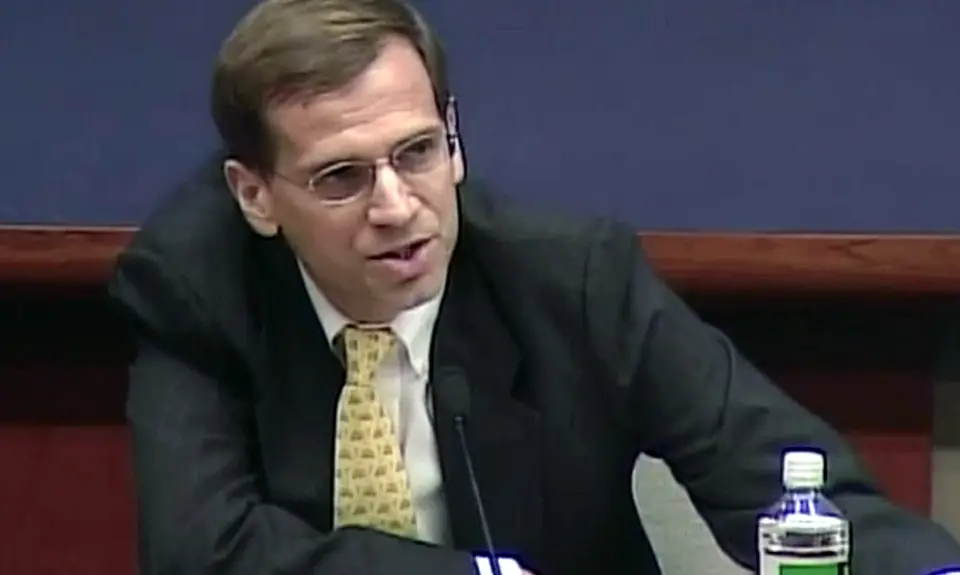Greg Katsas, President Trump’s nominee for the powerful D.C. Circuit, had his hearing before the Senate Judiciary Committee yesterday. Unfortunately, the information he provided—and that which he failed to provide—demonstrate why senators should reject the nomination.
As we noted in our letter explaining why the Judiciary Committee should reject the nomination, his decision to work in the White House Counsel’s office for this particular administration by itself disqualifies him. Katsas has chosen to provide legal advice to a president who has shown nothing but contempt for our nation’s Constitution and the rule of law.
At the hearing, Katsas revealed that he has given legal advice to help President Trump on:
- Robert Mueller’s criminal investigation of the Trump campaign;
- the Muslim ban;
- the sham voter suppression commission;
- presidential conflicts of interest and the Emoluments Clause;
- the elimination of DACA;
- DOJ’s “guidance” empowering those who would use the claim of religious liberty to deny others of their legal rights; and
- limits on women’s access to contraception under the Affordable Care Act.
Citing the attorney-client privilege, he declined to provide any details during the hearing about his work in these areas. But we know enough: his participation in these matters is deeply disturbing.
Sen. Richard Blumenthal pointed out that since Katsas would not reveal what aspects of the Mueller probe he was involved with, he would (if confirmed) have to recuse himself from any case arising from the investigation. Disturbingly, Katsas did not make that assurance, even though litigants and the public would always have reason to suspect undisclosed bias.
In contrast, he unhesitatingly vowed to recuse himself from any cases relating to presidential conflicts of interest and the Emoluments Clause, another issue he has helped President Trump with. So his hesitation to do the same with Mueller-related cases is concerning.
We also learned a great deal through Sen. Dick Durbin’s questioning about waterboarding. Katsas dodged and weaved whenever asked if waterboarding is torture. (Hint: It is.) Eventually, Katsas said he didn’t deal with the issue while in the George W. Bush administration. That led Durbin to point out that in 2008, when Katsas was asked about this same issue, he cited attorney-client privilege as the reason for not responding. That suggests Katsas had worked on the issue.
Either way, a judicial nominee who cannot clearly and unequivocally state that waterboarding is torture—and hence illegal—cannot be allowed to become a federal judge.
Perhaps his biggest evasion came in response to a question from Sen. Al Franken. The Minnesota senator asked about Katsas’ notes from a speech he gave to the Federalist Society (the committee has not been given a recording or transcript). At one point, the notes just say “yesterday,” with no details. Katsas said he didn’t remember what that was referring to.
Franken reminded him that the day before the speech, news had come out that Attorney General Sessions had met with Russian officials, contrary to his confirmation hearing testimony. This was huge news, so perhaps that was what he spoke to the Federalist Society about? Katsas again said he did not recall whether that was the case, eliciting disbelief from Sen. Franken.
Franken asked Katsas to find out if a recording exists and submit it to the committee.
Throughout the questioning, Katsas failed to demonstrate that his service for Donald Trump in the White House Counsel’s office doesn’t disqualify him. His evasions about recusal, waterboarding, and what he said to the Federalist Society weren’t exactly confidence-building.
Within the next few days, senators will ask additional questions for Katsas to answer in writing. That will give him a chance to be more forthcoming than he was today.
But will he? That’s up to Katsas.
